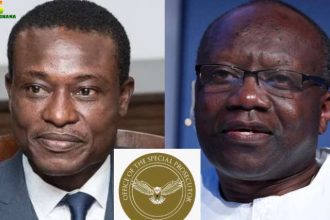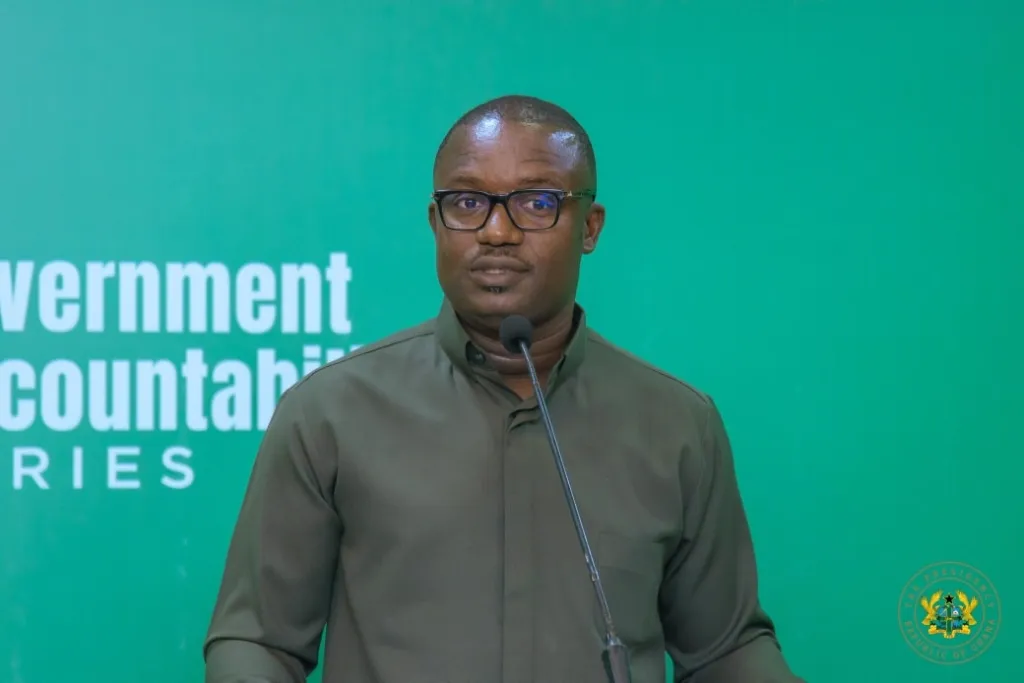The Association of Magistrates and Judges of Ghana (AMJG) has denied claims that superior court judges receive ex-gratia every four years.
A statement from the AMJG explained that the judges rather take back pay when their actual salary is computed and back-dated.
“It is these arrears of salary or back pay which is mischievously being described as ex-gratia in the press, particularly on radio, television, and on social media platforms by some seasoned journalists and so-called social commentators, who never attempted to look for the truth.
“These arrears of salary or back pay are paid in a lump sum or instalment – this has been the situation since 1996,” the release noted.
The AMJG stated, “without any equivocation that the said allegation was false and baseless”.
According to them, no Supreme Court, Court of Appeal, or High Court judge is receiving or has ever been paid ex-gratia every four years as is being speculated.
In recent times, issues to do with ex-gratia resurfaced when a former Council of State member, Togbe Afede XIV, decided to reject over ¢300,000 paid to him for serving on the Council for the period between 2017 and 2020.
The Agbogbomefia of the Asogli State, Togbe Afede XIV said he found it inappropriate to receive the said amount when he already took monthly salaries for serving on the Council.


What does the law say?
Per Article 71 (1) of the 1992 Constitution of Ghana, the salaries and privileges available to (a) the Speaker and Members of Parliament;
(b) the Chief Justice and other justices of the Superior Court of Judicature;
(c) the Auditor-General, the Chair of the Electoral Commission, the Commissioner for Human Rights and Administrative Justice and his Deputies and other District Assemblies Common Fund Administrator;
(d) the Chairman, Vice-Chairmen, and other members of the National Council for Higher Education, Public Services Commission, National Media Commission, Lands Commission, and the National Commission for Civic Education.
The said money will be charged to the Consolidated Fund and shall be determined by the President on the recommendations of a Committee of not more than five persons appointed by the President, acting in accordance with the advice of the Council of State.















